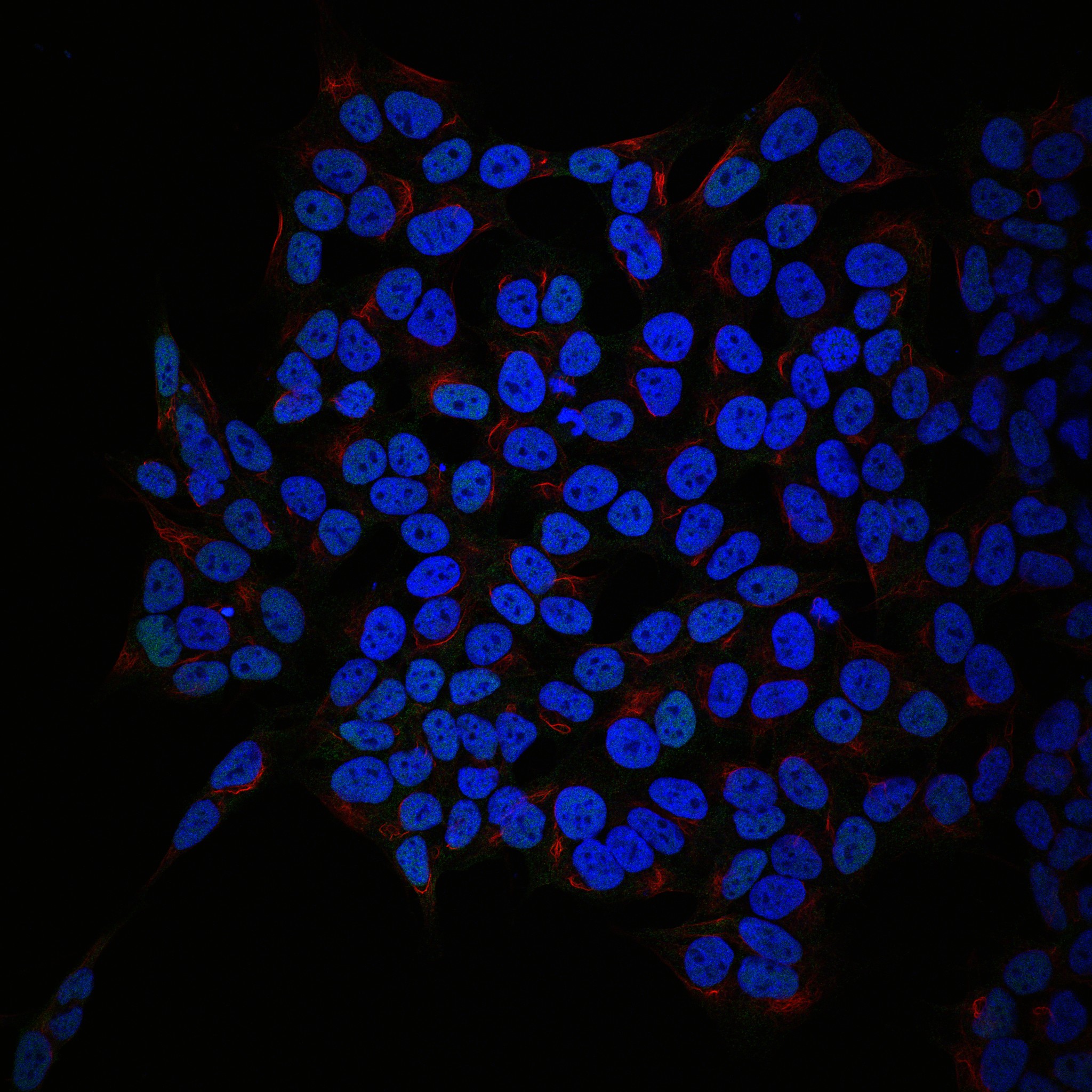Image Guided and Adaptive Radiotherapy in Clinical Practice: Including SABR Topics
Course Dates: 12th - 13th February 2026 - Fully Booked
IGART 2027 Registration coming soon
Course overview
This course is designed to help clinicians, physicists and radiographers to develop comprehensive programmes for the clinical implementation of image guided radiotherapy. The course has been awarded 19 RCR Category I CPD credits under The Royal College of Radiologists CPD scheme.
The curriculum covers many practical aspects and includes hands-on practical sessions, image matching, QA and dosimetry. It is recommended that a team of oncologist, physicist and radiographer from the same centre attend together.
The course is for two days and included in the cost are a set of lecture notes, a digital copy of the actual presentations, lunches, refreshments in the day, and evening pizza and cheese and wine event.
Day one: Lectures on patient preparation and immobilisation, surface guided RT, New technology; Radixact, HyperSight, Elekta solutions, Imaging and margins in head and neck cancers, margins for geometric uncertainty, adaptive pathways.
Practical hands-on sessions on the use of Image Guidance protocols, QA, Dosimetry, and a journey through the patient pathway. These sessions will be scheduled in the evening on Day one.
Day two: Lectures on advanced techniques for gynaecological cancer, AI in clinical pathway, Renal Cancer SBRT, SBRT for lung including 4D motion management, Verification for lung tumours, current prostate trials, adaptive radiotherapy for bladder cancer.
Downloads
Download the IGART Draft programme 2026 detailed course information.
Payment options
Invoice payment please contact: Christine Greig for details
BACS/ overseas transfers please contact: Christine Greig for details
Course organisers
- Ms Margaret Bidmead
- Dr Helen McNair
- Ms Sophie Alexander
Contacts
Margaret Bidmead (Course Creator)
Tel: 020 7808 2506
Fax: 020 7808 2522
This course has been accredited under The Royal College of Radiologists CPD scheme.
Related pages
Latest ICR News

His Majesty The King presents ICR scientists with third Queen Elizabeth Prize at St James’s Palace
Researchers from The Institute of Cancer Research, London, attended a prestigious ceremony at St James’s Palace today to mark the formal presentation of the Queen Elizabeth Prize for Higher and Further Education (previously known as the Queen’s Anniversary Prize).

New research reveals how subtle genetic differences shape neuroblastoma behaviour
Researchers have shown that subtle mutational differences in a gene called ATRX help explain why children with the same type of neuroblastoma respond differently to treatment. These findings could support precise therapy recommendations based on a stronger understanding of the disease’s underlying biology.